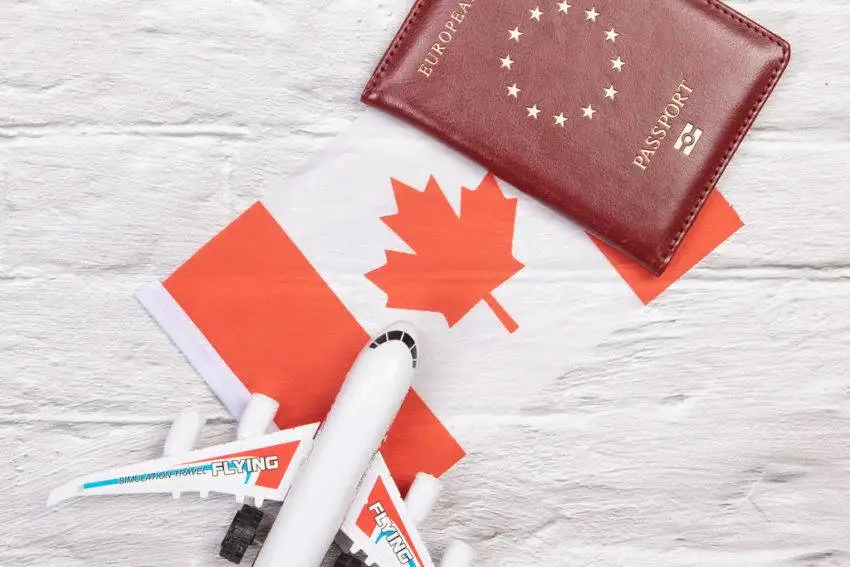Overview: a look at Ontario’s updated Non-Resident Speculation Tax or NRST, including who it applies to, the properties it covers, and exemptions to the tax.
What Is The Non-Resident Speculation Tax?
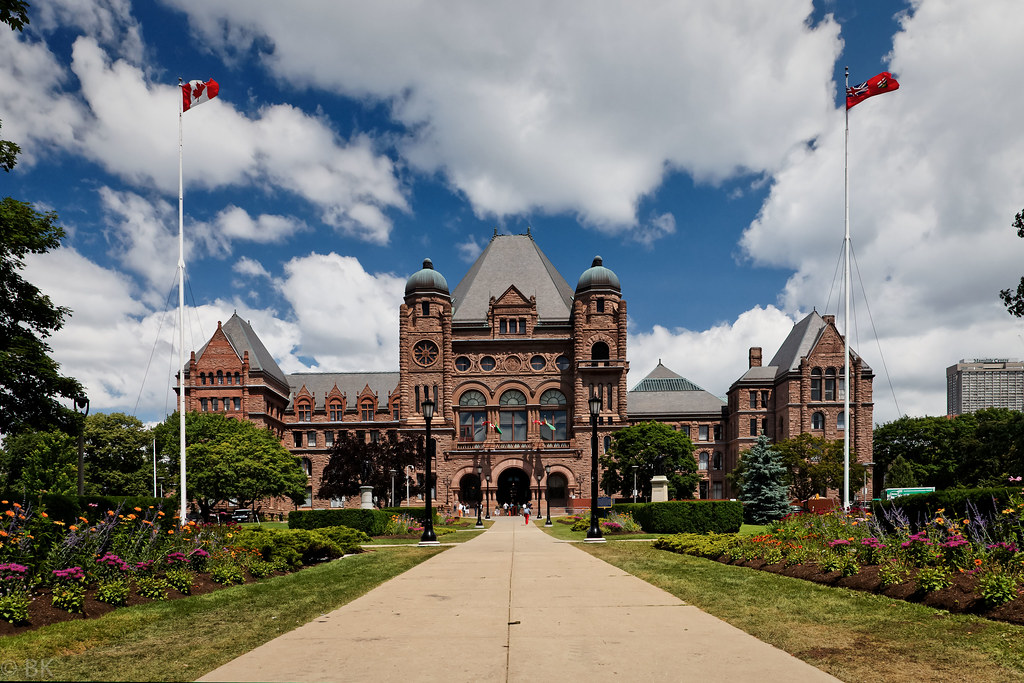
The 15% tax was created to deter foreign nationals from buying up residential property in Ontario and making home ownership more affordable for local residents.
Originally, the tax only applied to the Greater Golden Horseshoe Region (GGH) in Southern Ontario, but was later expanded province-wide.
On March 30, 2022, the NRST was bumped up to 20%, then to 25% on October 25, 2022.
As CBC News reported in October:
…the move makes Ontario’s tax rate the highest in Canada and seeks to discourage foreign speculation.
Together with Toronto’s Vacant Home Tax, and the federal government’s 2-year Foreign Buyer Ban, Ontario’s NRST aims to make housing more accessible for Canadians.
Who Has To Pay The NRST?
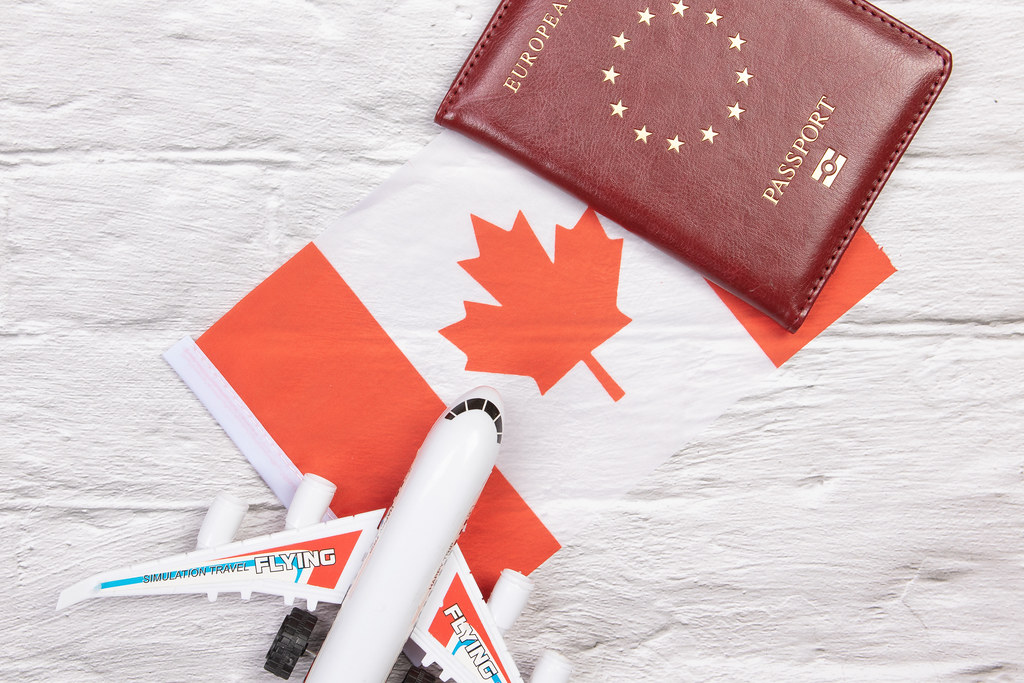
According to the Government of Ontario:
The NRST applies on the purchase or acquisition of an interest in residential property located anywhere in Ontario by individuals who are foreign nationals…
That includes:
- Anyone who is not a Canadian citizen or permanent resident
- Transactions where one buyer is a foreign national and another is Canadian
- Purchases by foreign companies incorporated outside of Canada
- Purchases by Canadian companies controlled by a foreign national
- Taxable trustees who purchase residential property in the Ontario
Basically, anyone who is not a Canadian citizen or permanent resident has to pay the tax.
Properties Subject To The NRST

Ontario.ca offers the following explanation:
The NRST applies to the transfer of “designated land”, which is land that contains at least one and not more than six single family residences.
This includes:
- Detached houses
- Semi-detached houses
- Townhouses
- Condominium units
- Cottages and cabins
- Certain time-share properties
- Vacation homes
In short: the tax applies to most residences, regardless of whether they’re occupied on a permanent or temporary basis.
How To Calculate The NRST

Let’s start with a simple example.
If someone who is not a Canadian citizen or permanent resident buys a $1,000,000 home in Ontario, a 25% NRST would bring their total to $1,250,000.
A more complex scenario would involve both residential and commercial property, such as a house and farm.
For example, if a transaction includes a house worth $1.5 million and commercial land valued at $2 million, the NRST would only apply to the house.
Here, 25% on the $1.5 million house works out to $375,000 in taxes.
An even more complex case would involve tenants-in-common.
For example, 5 tenants-in-common buy a $2 million house with each owning a 20% share.
If one of those 5 buyers is a foreign national, then the 25% tax applies to the full value of the property (not just the 20% owned by the foreign national).
So a 25% NRST on that $2 million property would be $500,000.
With tenants-in-common, each buyer is both individually and collectively liable for the NRST.
That means if a non-citizen or permanent resident fails to pay the tax, the other buyers are all on the hook.
When Is The Tax Paid?

Taxpage.com informs:
The Ontario Foreign Homebuyer Tax or the Non-Resident Speculation Tax (NRST) is due at the time of closing, often paid through the buyer’s real estate lawyer.
The NRST must be paid and all paperwork submitted to the Ministry of Finance at least 15 days before the date of conveyance (i.e. when the property legally changes ownership).
Exemptions To The NRST
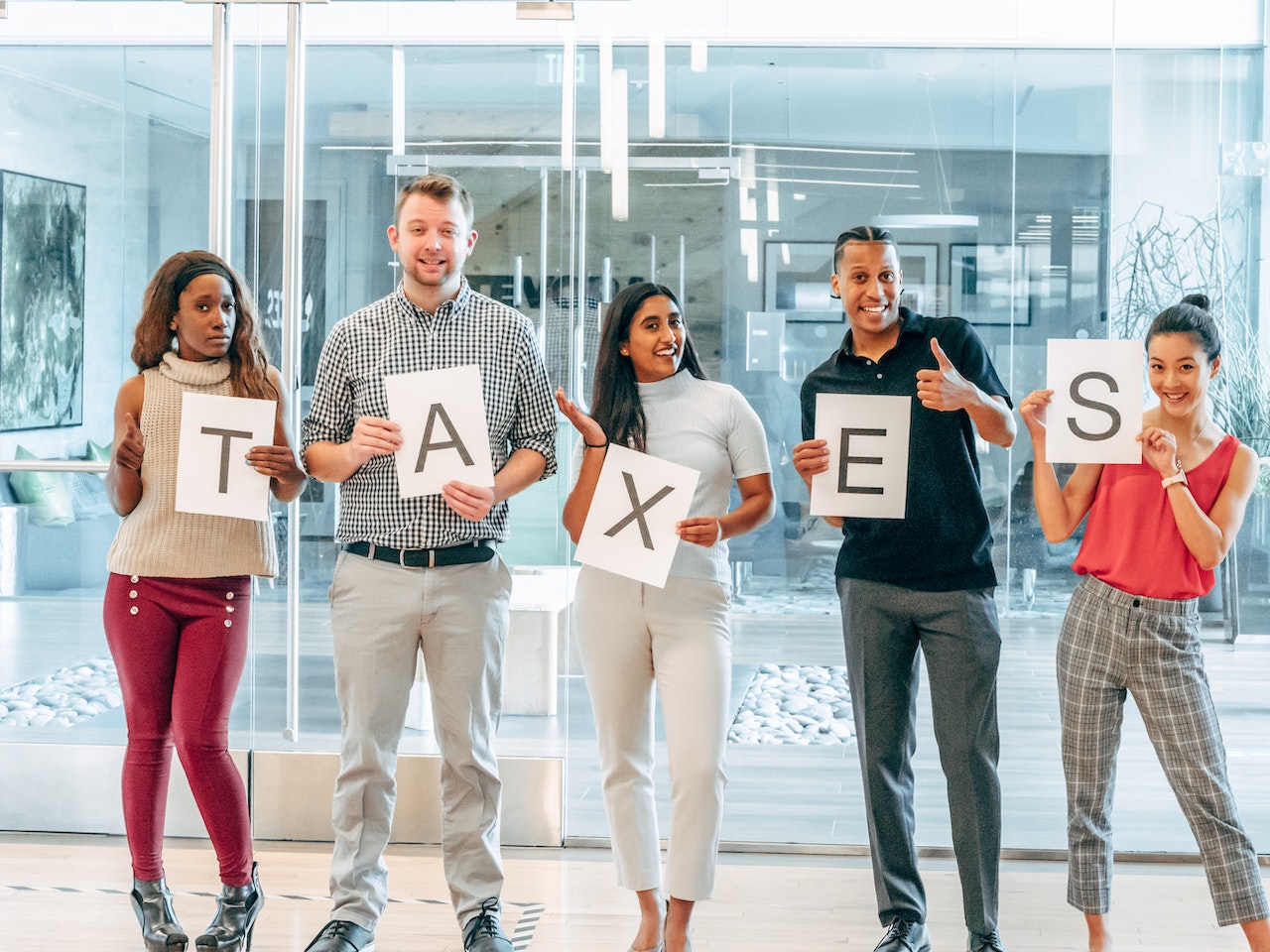
NRST exemptions are available for the following individuals who meet the required criteria:
OINP Nominees
- The buyer is nominated under the Ontario Immigrant Nominee Program (OINP)
- The buyer applies for permanent residency before their nominee certificate expires
- For joint purchases, all other buyers are Canadian citizens, permanent residents, OINP nominees or protected persons
- All buyers certify that they will use the property as their principal residence
Protected Persons
- The buyer is a protected person with refugee status
- For joint purchases, all other buyers are Canadian citizens, permanent residents, OINP nominees or protected persons
- All buyers certify that they will use the property as their principal residence
Spouses
- The buyer is a spouse of a Canadian citizen, permanent resident, OINP nominee or protected person
- Both spouses are transferees named in the conveyance
- For joint purchases, all other buyers are Canadian citizens, permanent residents, OINP nominees or protected persons
- All buyers certify that they will use the property as their principal residence
How To Qualify For The NRST Rebate

To qualify for the NRST rebate, buyers must:
- First pay the NRST
- Become a permanent resident within 4 years of purchasing property
- Hold the property alone or with their spouse
- Make the property their principal residence within 60 days of purchase
Rebates are available for the following individuals:
Foreign Nationals
- Who become permanent residents within 4 years of buying or acquiring property
International Students
- Who are enrolled in an approved institution for at least 2 years after buying property
Temporary Foreign Workers
- Who have a valid work permit and are employed full-time for 1 year after buying property
How To Apply For A Rebate
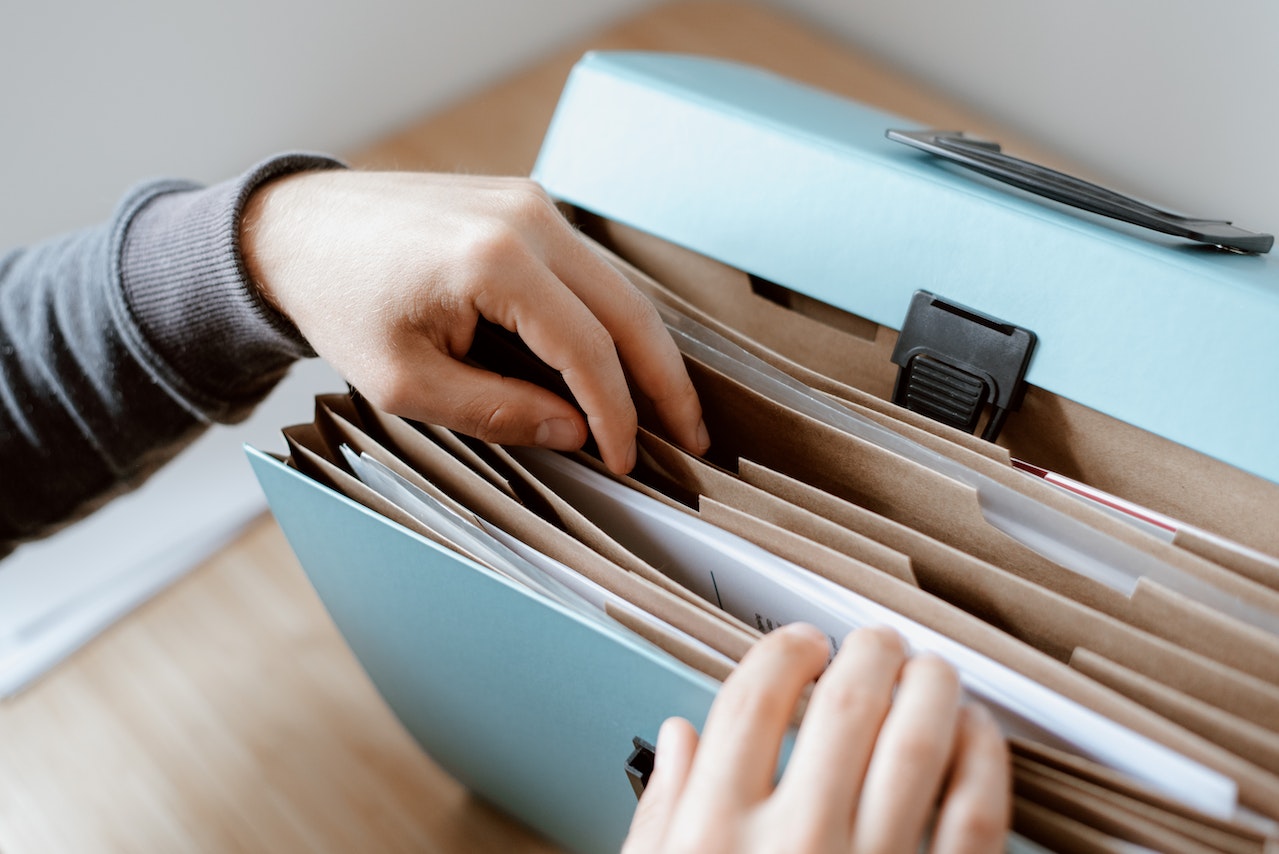
Rebate applications must be made using the Ontario Land Transfer Tax Refund/Rebate Affidavit, which can be found here.
The following documents are also required:
- Proof of Permanent Residence status
- Registered Transfer form
- Agreement of Purchase and Sale
- Assignments with schedules attached
- Statement of Adjustments (if applicable)
- Appraisal of property’s fair market value
- Proof of payment for Land Transfer Tax and NRST
- Proof of principal residence occupancy
The NRST rebate application must also be submitted to the Ministry of Finance within 90 days of becoming a permanent resident.
NRST Conclusion
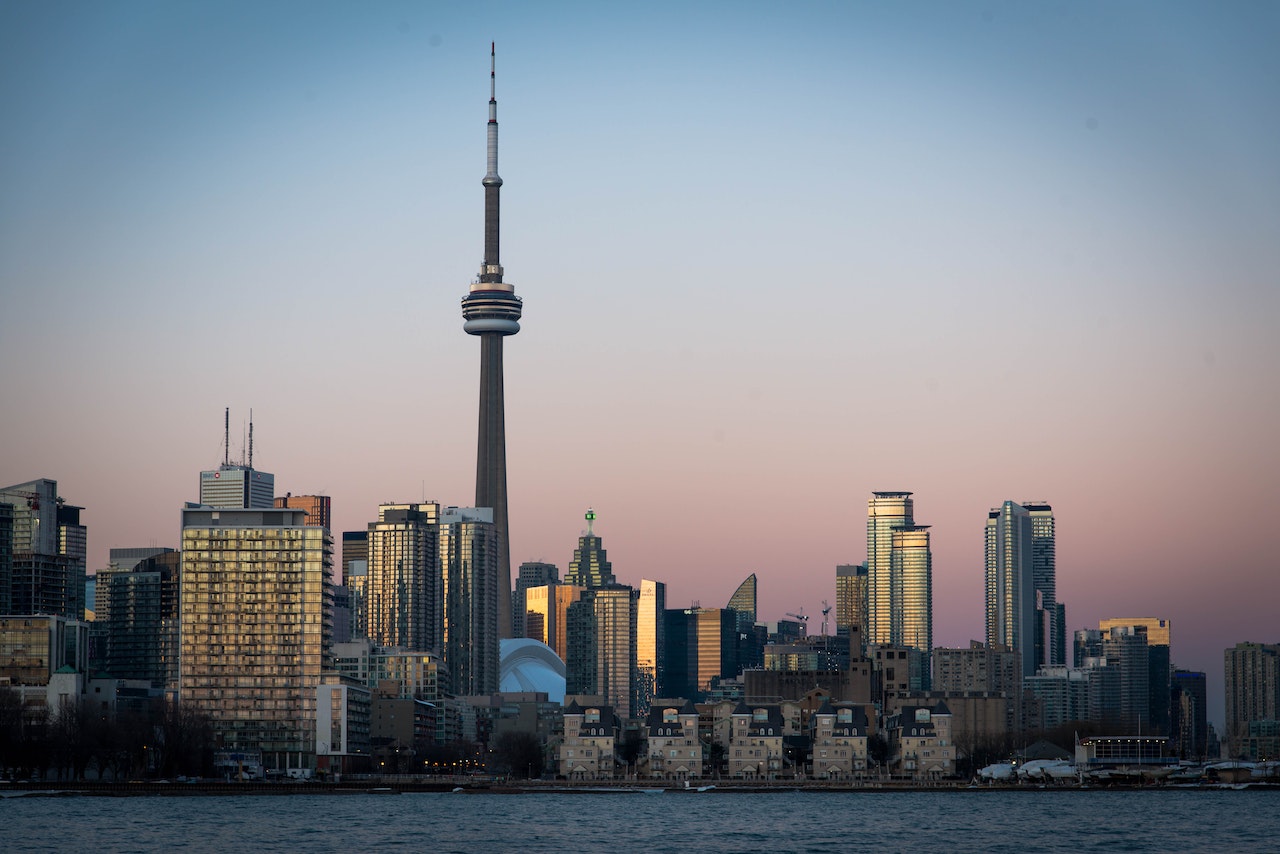
The Vacant Home Tax, Foreign Buyer Ban and NRST all have similar goals: to make housing more accessible for Canadians—and less so for non-Canadians.
The federal government’s ban on all foreign home purchases makes the NRST seem redundant, but that ban is set to expire on December 31, 2024.
When that happens, the NRST will still be around (and may even go up if history is any indicator).
But the good news is that there are exemptions and rebates to the tax, allowing some to bypass it altogether and others to save money.
Have questions about the NRST? Contact me below for answers.
Wins Lai
Real Estate Broker
Living Realty Inc., Brokerage
m: 416.903.7032 p: 416.975.9889
f: 416.975.0220
a: 7 Hayden Street Toronto, M4Y 2P2
w: www.winslai.com e: wins@winslai.com
*Top Producer (Yonge and Bloor Branch) — 2017-2022

